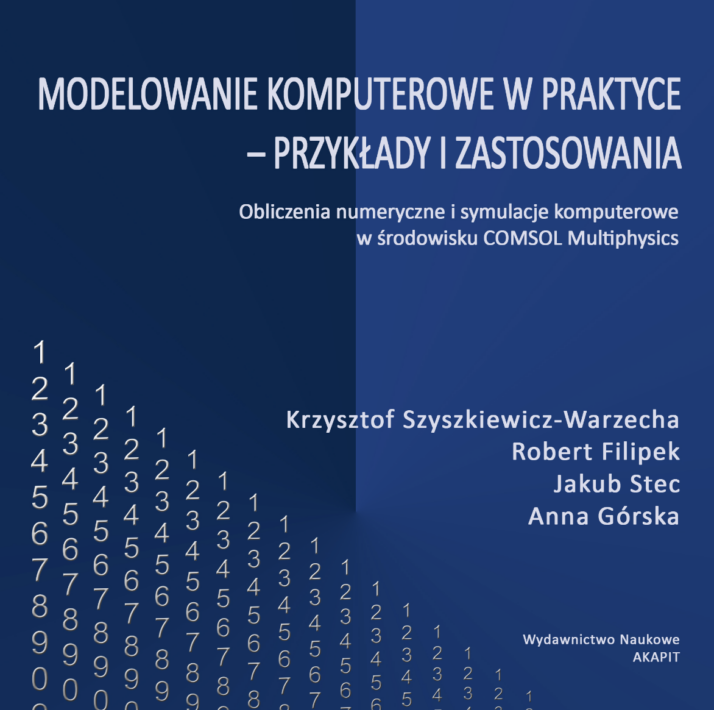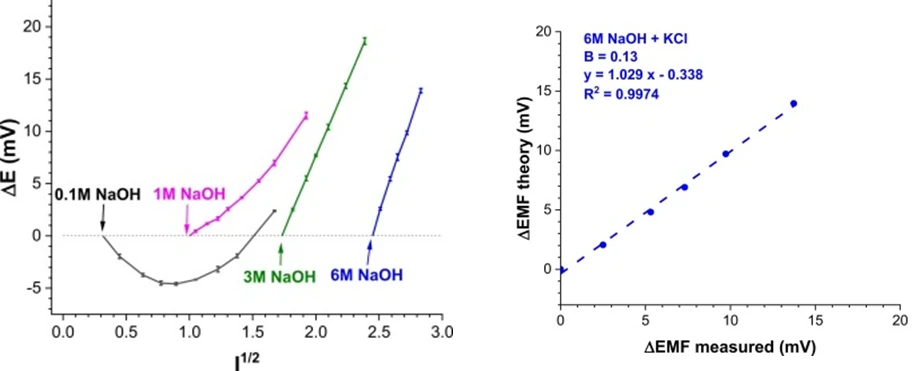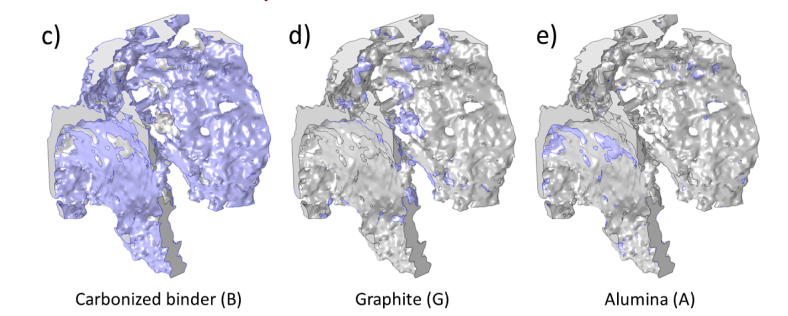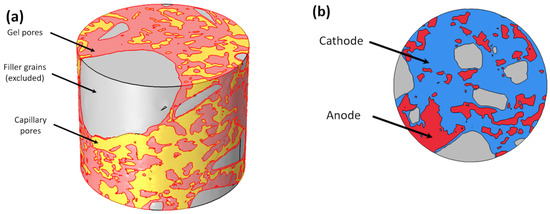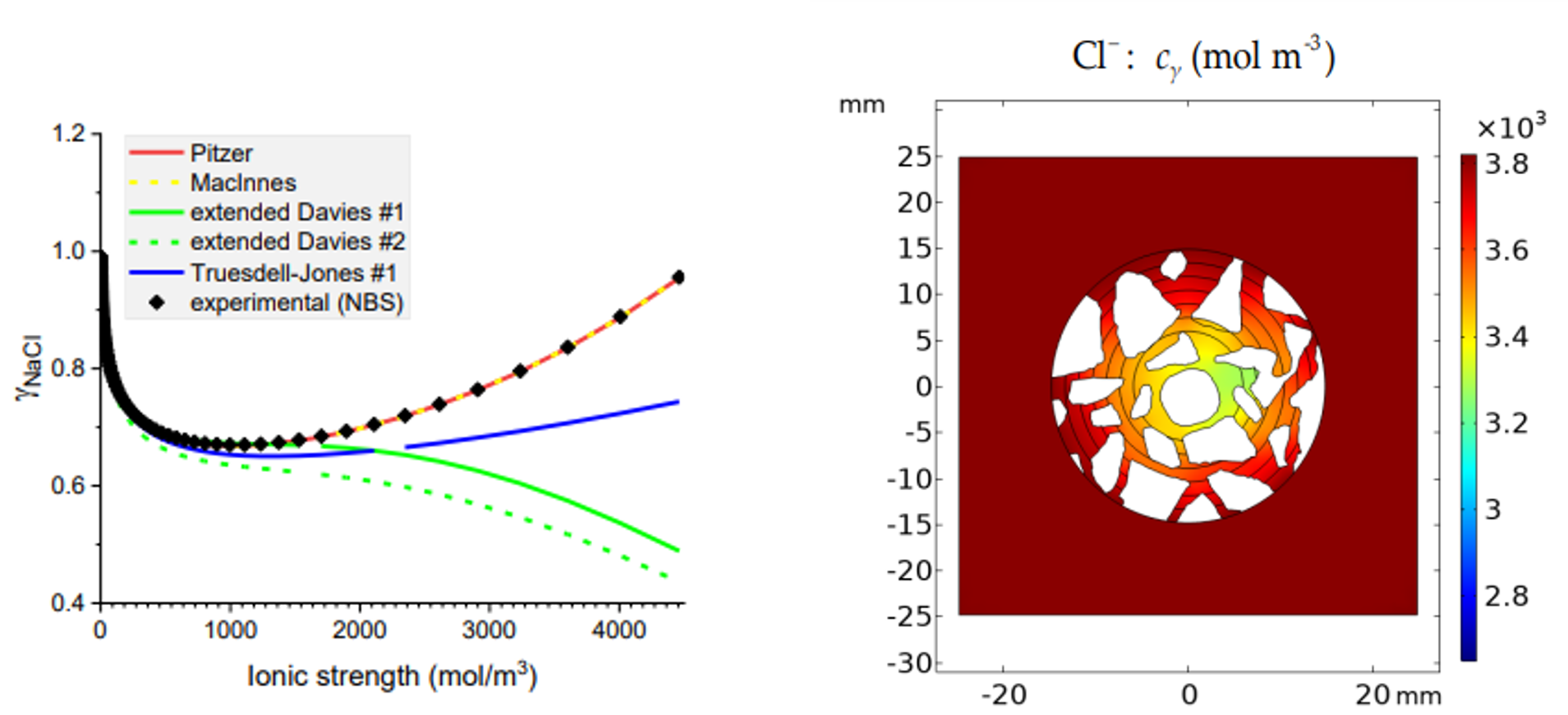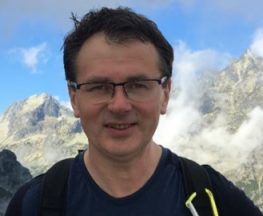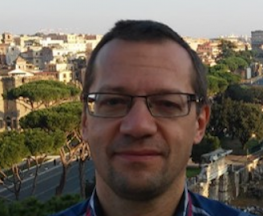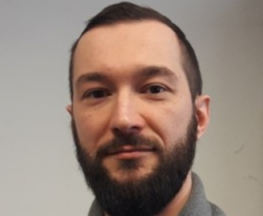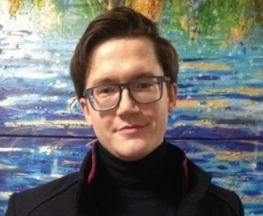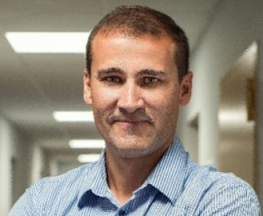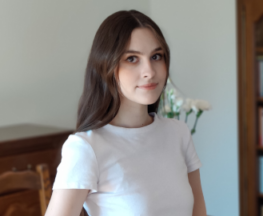Department of Physical Chemistry and Modelling,
Faculty of Materials Science and Ceramics,
AGH University of Science and Technology in Krakow, Poland
Biography
PhD in Materials Science and DSc. in chemistry. A Professor at the Faculty of Materials Science and Ceramics at AGH University of Science and Technology in Krakow and actually teaches, Advanced Materials Modelling, Computer Aided Materials Engineering, Materials Design and Computational Materials Science and Reactivity of Solids. Head of Laboratory of Modelling and Numerical Methods. Since 2009 a Chair of Seminar “The role of science for the development of civilization”. From 2008 to 2016 vice Dean for Development and Cooperation at Faculty of Materials Science and Ceramics AGH-UST. Main research activities focus on modelling in real 3D geometries and inverse methods in materials engineering. Among others, specializes in numerical/mathematical modelling of interdiffusion, reactive-diffusion, electrodiffusion, energy and mass transport in multicomponent and multiphase materials and the use of inverse methods to determine model parameters (polarization resistance, diffusion coefficients, kinetic parameters, permeability of porous materials) and/or determining the geometry of the system (e.g., in degradation of materials). The summary of the activity is a monograph titled ”Modelling and inverse methods in materials engineering” (2019). Awarded The Royal Society Fellowship and The Foundation for Polish Science. The Visiting Fellow of Northumbria University at Newcastle upon Tyne, UK. Author of over 100 scientific papers, 2 monographs, 1 patent and 1 patent application.
Hobby: hiking, skitouring, classical music, computer programming.
